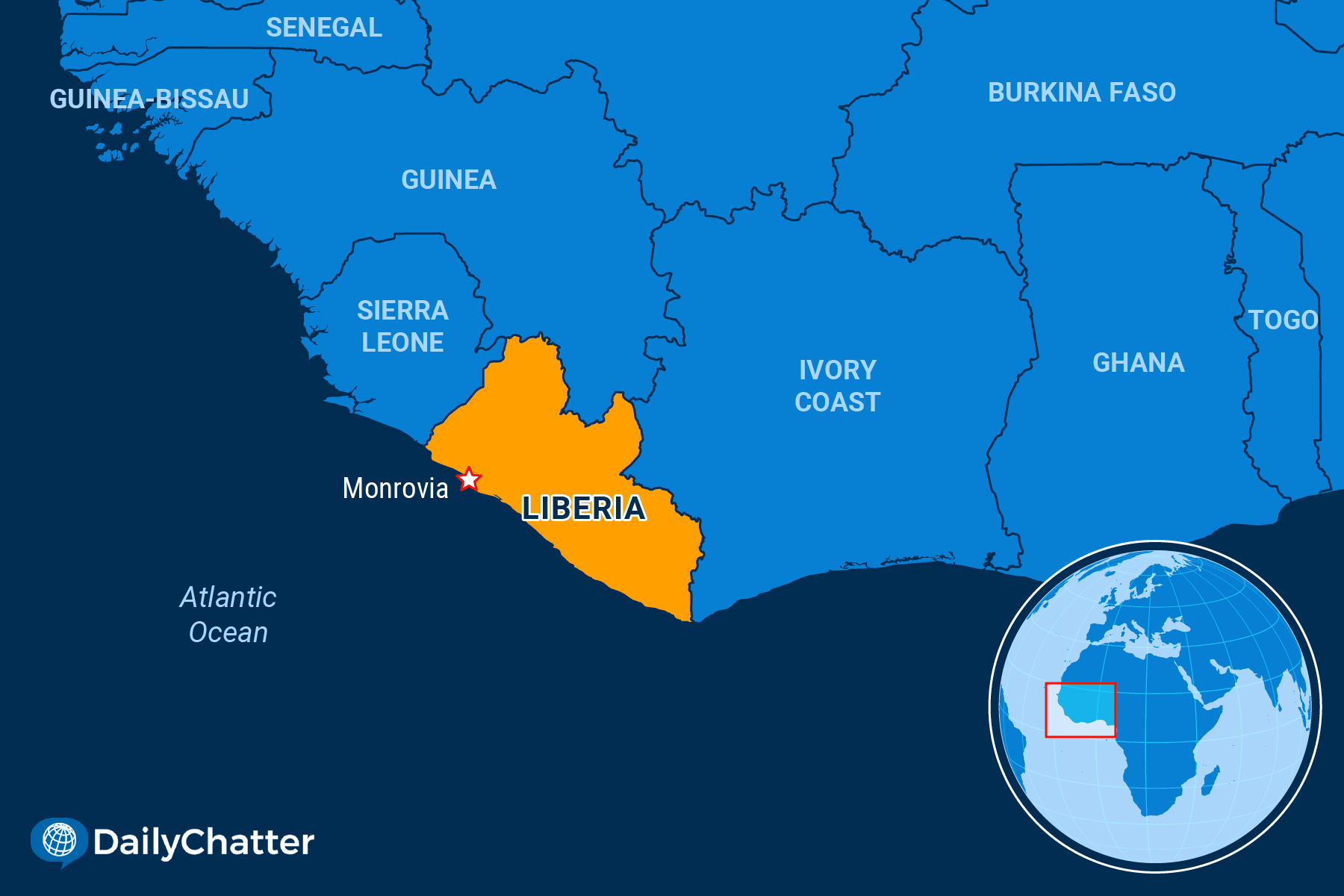Need to Know
October 10, 2023The Devils You Know
Liberia

|
Listen to Today's Edition
|
The Supreme Court of Liberia last week called on the West African country’s National Elections Commission to make its voter rolls public before the Oct. 10 presidential ballot. The commissioners said they had posted the information on their website, but critics charge that nobody has been able to download the document, wrote the Africa Report.
Such news is why only 34 percent of Liberians trust the National Elections Commission, as an Afrobarometer poll found recently. Without a list of voters, of course, it’s hard to prevent fraud and other meddling. The African Union sent a monitoring team to observe the vote with these and other concerns about Liberia in mind. The US recently announced visa restrictions on anyone caught “undermining” democracy in Liberia.
These developments come as Liberians hold their fourth general election to choose their president, senators, and members of the country’s House of Representatives since the end of a civil war in 2003, explained South Africa-based News24. The elections stand a good chance of being free and fair. But many observers are nonetheless concerned about the potential for serious trouble. As PBS’s Frontline recounted, the 14-year-long war claimed 150,000 lives in the country established by freed American slaves.
Today, incumbent President George Weah, a former soccer star, is running for a second six-year presidential term against his challenger, the 78-year-old opposition leader Joseph Boakai, a former vice president.
Boakai supporters told Reuters that Weah has done too little to help the country recover from its terrible civil war, a catastrophic Ebola outbreak, high prices for imported food, and unstable prices for commodities that it exports. Instead, they said, he ignored his pledges to clean up government and boost the economy. The US even slapped sanctions on three officials in Weah’s administration, including his chief of staff, over corruption allegations that included misappropriating state assets.
Writing in African Arguments, Liberian writer Robtel Neajai Pailey argued that Weah has refused to disclose his own or his top officials’ assets publicly, prioritized loyalty over competence in his administration, and mismanaged public finances.
Pailey isn’t alone in her criticism. As a result, the race promises to be competitive.
“The incumbent, President George Weah, looks to be punished at the polls for rampant corruption, gross incompetence, extra-judicial killings, and a lousy economy,” wrote the Robert Lansing Institute.
However, Boakai is not beyond reproach, either. According to Semafor, he has formed an alliance with Prince Yormie Johnson, a former warlord who is now a senator and political powerbroker in the country. The US sanctioned Johnson in 2021 on corruption allegations.
Johnson was responsible for the death of former Liberian President Samuel Doe in 1990 at the start of the country’s civil war. Johnson drank beer as he watched his soldiers “torture and mutilate Doe who begged in vain for mercy,” added the Associated Press.
Liberians will have to make up their minds. Observers say that’s a difficult task this time around.
Not already a subscriber?
If you would like to receive DailyChatter directly to your inbox each morning, subscribe below with a free two-week trial.
Support journalism that’s independent, non-partisan, and fair.
If you are a student or faculty with a valid school email, you can sign up for a FREE student subscription or faculty subscription.
Questions? Write to us at hello@dailychatter.com.

